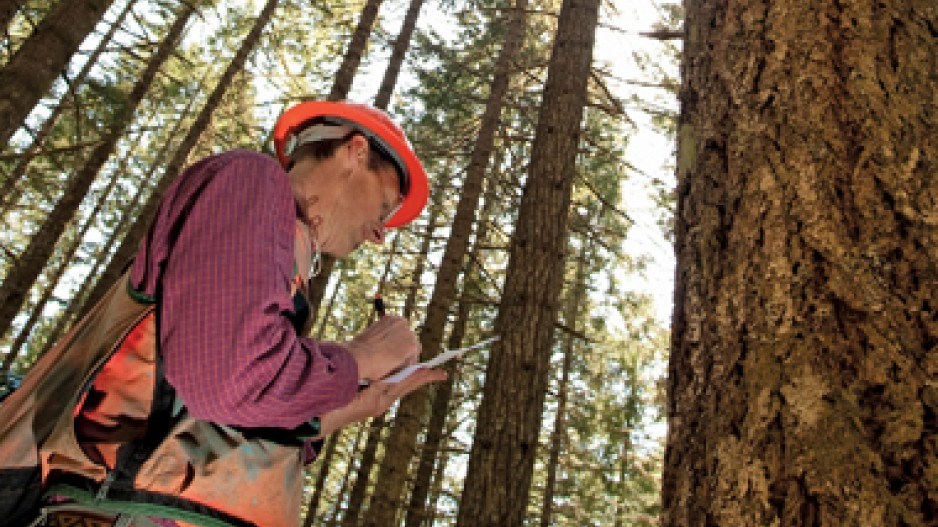In 2009, fishing and hunting guides near Vanderhoof had to stop using an area of Nechako Lake after the lakeshore was logged.
In 2010, a horse ranch owner in the Chilcotin lost 60% of the trails she once used for guided tours.
This year, kayaking tour businesses that operate in Vancouver Island’s Discovery Islands have stepped up their campaign to stop logging that would affect mountain views.
Episodes like this show the need to take a second look at B.C.’s decade-old overhaul of forestry legislation, which, among other things, switched to a system of “professional reliance” to approve forestry plans, says B.C.’s independent forestry watchdog.
Changes to the province’s forestry law introduced by the BC Liberals in 2003 were designed to be more industry-focused and less bureaucratic and came shortly after the ministry cut staff and closed several forestry offices.
But 10 years after the changes were instituted, Forest Practices Board chairman Al Gorley said it’s time to take a hard look at how the legislation is working.
Under professional reliance, responsibility for approving forestry plans was given to forestry companies rather than ministry staff, based on the advice of professional foresters who work for the companies.
“When it was put in place it was new, so people were prepared to give it some time to work,” Gorley said.
In a purely technical sense, that system is working, and there is a “high compliance” with the law. But when it comes to going beyond the technical details of planning cutblocks and roads, to making what Gorley calls “social” decisions about land use, there’s a vacuum.
“A lot of folks out there said ‘We expect the professional to be looking after the public interest,’ and it was kind of sold that way,” said Gorley. “People interpreted that to mean that if they had a different interest than that of the licensee, the professional would look after their interest. [But] it’s really hard for the professional to make a social choice.”
In the past, there was often a local government employee who could mediate between different user groups and decide on a course of action that might involve some compromises on all sides.
“With the change in legislation and the reduction in the number of government people out in the communities, you don’t have the opportunity to do that,” said Gorley.
“People thought it would be working differently by now, and they’re still seeing some of the conflicts … so they’re sort of losing patience.”
Rick Jeffrey, president and CEO of the Coast Forest Products Association, said B.C.’s forests are being well protected by foresters, who are governed by the Association of BC Forest Professionals.
As well, most forestry companies operate under third-party forest certification schemes that track social and environmental outcomes.
Jeffrey wants to see a continuation of the shift toward professional reliance. He said there is too much duplication and “one professional questioning another” in the current system.
“The forest service has 4,000 people in it,” said Jeffrey. “The question you really have to ask yourself is, do you really need 4,000 people?”
But Gorley said the situation could be improved without an infusion of extra money.
“With a bit of time, the current funding might work for things that could have a technology or policy solution.”
The Ministry of Forests, Lands and Natural Resource Operations stated in an email response to a Business in Vancouver request for an interview that “at this time, there’s no need for wholesale changes to the Forest and Range Practices Act.”



